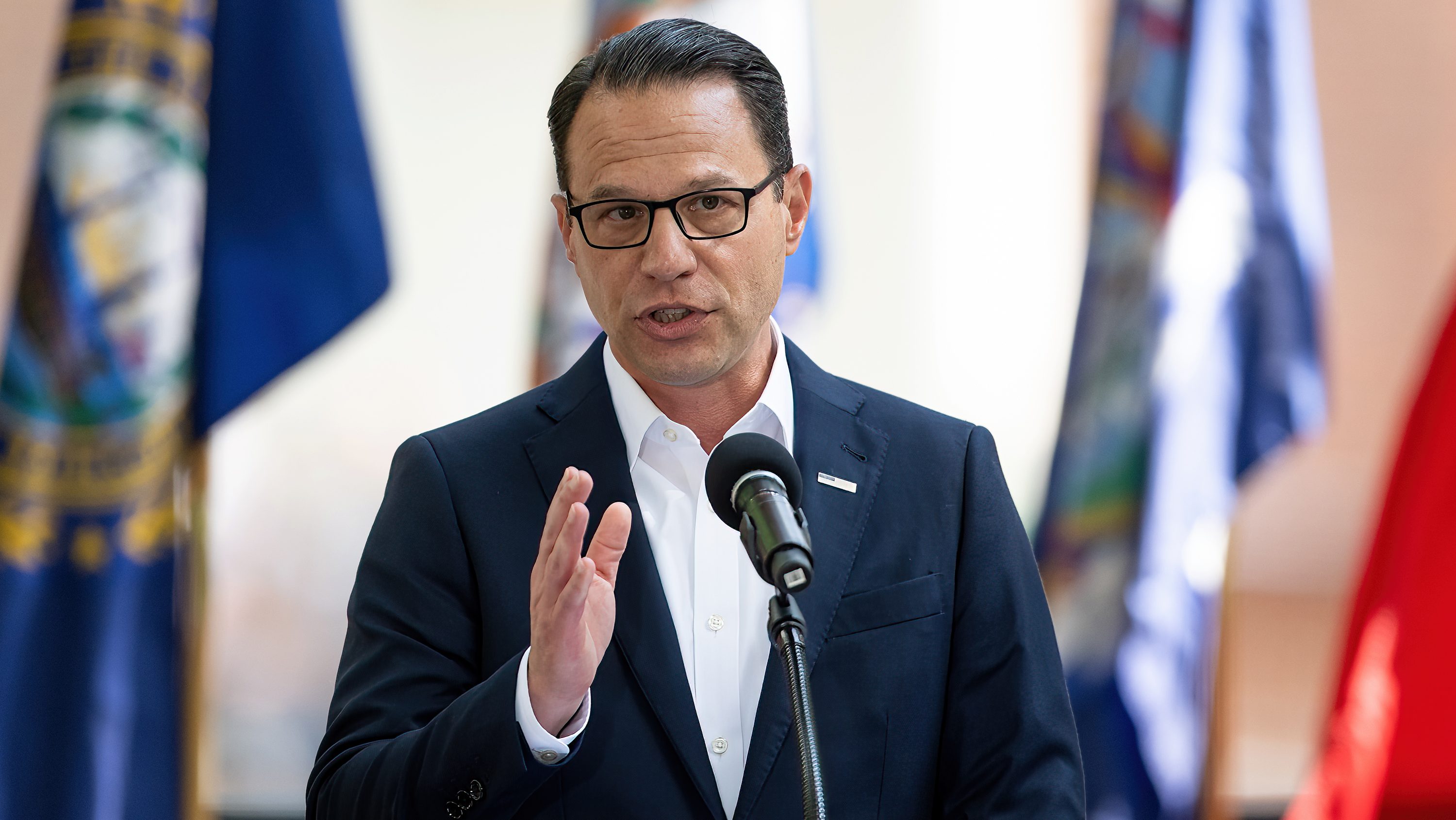Congressman Suhas Subramanyam, D-Va., who represents the state’s 10th District centered in Ashburn, told the News4 I-Team his inbox is always full. He and his staff read every message that comes in, but one email this summer stopped them cold.
“He basically told us he was going to bring an assault rifle to our office and potentially use it,” Subramanyam told the I-Team.
It was a chilling warning in an already tense political climate.
U.S. Capitol Police quickly launched an investigation. A Loudoun County judge issued a two-year protective order against a man from Round Hill, Virginia, believed to have sent the email, requiring him to stay at least 500 yards from the congressman’s home and offices, according to court records reviewed by the I-Team.
The man named in the protective order has not been charged with a crime. He did not respond to email from the I-Team seeking comment.
Subramanyam said he’s not living in fear — but he’s taking precautions.
“It hasn’t changed me in the sense that I still go out there,” he said. “I’m not afraid to go to a public event. But I think we now have enhanced security measures. I go to events with a security guard.”
A surge in threats
Capitol Police estimate they’ll handle more than 14,000 threats this year against members of Congress, their families or staff — a staggering number that has doubled in recent years.
Tom Manger, who served as U.S. Capitol Police chief after the Jan. 6 insurrection, said threats were a constant concern during his tenure.
“At least once or twice a week, something would come across my desk where I knew we needed to take some kind of immediate action,” Manger said.
Now an NBC News analyst, Manger says technology can detect when someone posts about an elected official, but free speech protections make it difficult to intervene unless a clear threat is made.
“You’re still looking for a needle in a haystack,” he said.
Target No. 1: Washington, D.C.
Asked where Washington ranks among cities facing political threats, Manger didn’t hesitate.
“In terms of the targets of these threats, it’s probably No. 1,” he said.
That’s in a country where political violence has touched communities nationwide.
The lone-actor problem
Dr. Garen Wintemute, who directs the Violence Prevention Research Program at the University of California, Davis, studies political violence and says many attacks are carried out by “lone offenders.”
“These are violent individuals acting on their own, without large peer groups or social media followings,” Wintemute explained.
They often struggle in everyday life — with jobs, relationships and community ties — but that description, he warns, fits millions of Americans. Only a handful ever become violent.
“The trick — and we haven’t pulled it off — is to figure out who’s the shooter among that huge crowd of people who look like shooters,” Wintemute said.
Can families prevent the next attack?
Wintemute’s years of research shows more than a quarter of Americans support political violence for at least one reason. Only a fraction would act on it, but identifying who’s ready to move from thought to action is nearly impossible.
He said early warning signs, like increasingly hate-filled online posts or talk of plans, should prompt concern.
“If you see something, say something,” Wintemute said. “That’s a marker for imminent risk.”
In many cases, family members are the last line of defense. In his surveys, even people willing to commit political violence said family would make them think again.
“Almost half said their families could talk them out of it,” he said. “That’s hopeful news in the midst of this time.”
A dangerous time for democracy
Rep. Subramanyam said his parents sometimes wish he’d chosen a safer career.
“I think my parents would probably say I don’t need to be here in Congress,” he said, smiling.
But he’s more worried about the next generation and whether fear will keep good people from running for office.
“If political violence continues, you’ll see fewer people running for Congress,” he said. “That’s going to hurt our democracy. We have to get a grasp on this and address it.”
Reported by Ted Oberg, produced by Rick Yarborough, and shot and edited by Jeff Piper.
Get the D.C. area’s top news and weather delivered to your inbox every morning. Sign up for First & 4Most, our free newsletter.

Want more insights? Join Working Title - our career elevating newsletter and get the future of work delivered weekly.

